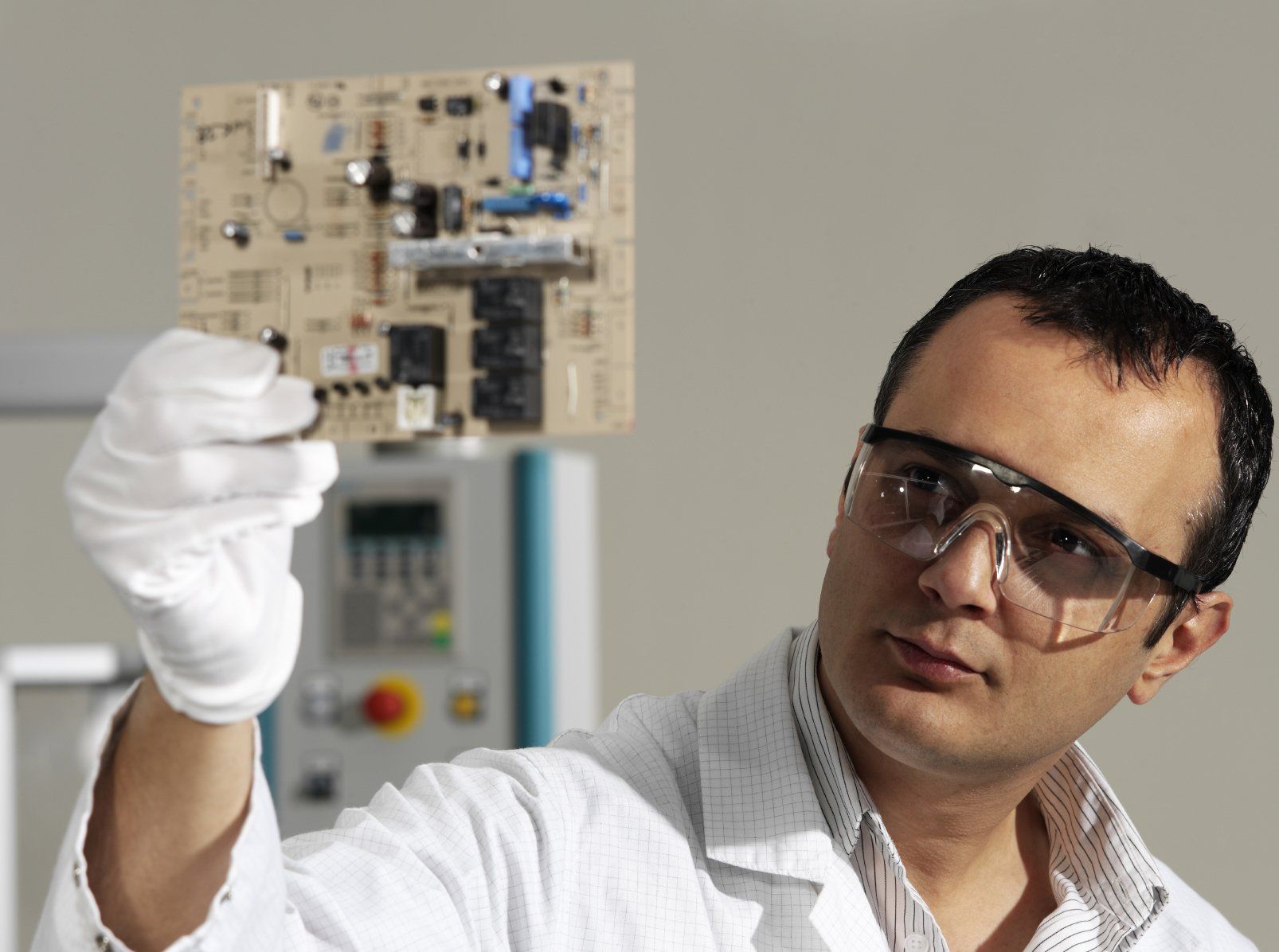Commit to Lifelong Learning
"perpetuam uitae doctrina!"
"Live as if you were to die tomorrow.
Learn as if you were to live forever." Mahatma Gandhi.

A Career as a Biomedical Engineer
Enrich Your Life! We are here to point you in the right direction and cheer you on.

What is Biomedical Engineering and Why Should You Consider It as a Career?
Are you interested in a career that combines both the sciences and engineering? Have you ever considered biomedical engineering?
Biomedical engineering is a field of study that utilizes engineering principles to solve problems related to biology and medicine. It is a rapidly growing field that offers a wide range of career options in a variety of sectors, from healthcare to research and development.
If you’re considering a career in engineering, this page will provide you with an overview of what biomedical engineering is and why you should consider it as a career.

Topic List
- What is Biomedical Engineering?
- Skills and Qualifications Needed to be a Biomedical Engineer
- Job Outlook and Salary Expectations
- Specializations within Biomedical Engineering
- Education and Training for Biomedical Engineering Careers
- Typical Day-to-Day Tasks of a Biomedical Engineer
- Advancements and Trends in Biomedical Engineering
- Personal Experiences from Biomedical Engineers
What is Biomedical Engineering?
Biomedical engineering is a field that involves the application of engineering principles and design concepts to medicine and biology for healthcare purposes. It involves the design and development of medical devices, equipment, and technologies used in diagnosis and treatment, as well as the creation of new drugs and therapies. Biomedical engineering plays an important role in advancing healthcare and improving quality of life for patients.
This interdisciplinary field combines biology, medicine, and engineering to solve complex problems in the healthcare industry. Biomedical engineers work to design innovative solutions that address the challenges of healthcare delivery, from the prevention and diagnosis of diseases to the rehabilitation of patients after treatment.
Some of the areas of research within biomedical engineering include tissue engineering, biomaterials, bioinstrumentation, biomechanics, and medical imaging. Each of these subfields has its own set of unique challenges and opportunities for innovation.
Biomedical engineers collaborate with other professionals in the healthcare industry, such as doctors, nurses, researchers, and technicians, to develop and improve healthcare technology. Their work helps to make medical procedures safer, more efficient, and more effective.
In summary, biomedical engineering is a vital field that involves applying engineering principles to medical and biological problems. Biomedical engineers play a crucial role in developing innovative solutions that improve patient care and quality of life. If you have a passion for engineering and healthcare, then a career in biomedical engineering may be right for you.
